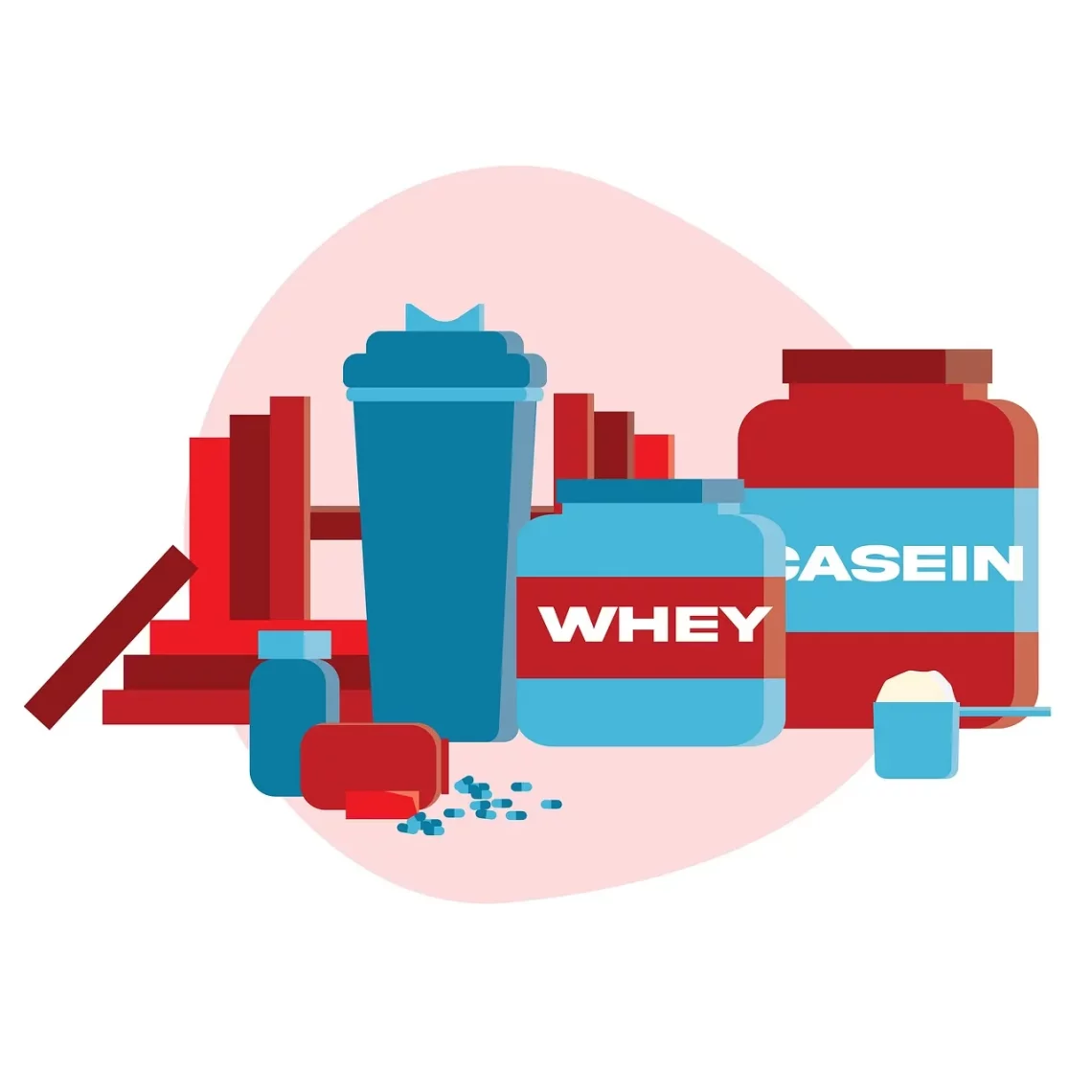
Exploring the Benefits of Vegan Protein for a Healthy Lifestyle
The rise of plant-based diets has transformed the way we approach nutrition, prompting individuals to reconsider their protein sources. With a growing awareness of environmental and ethical concerns, many people are turning to vegan protein. Not only does this shift promote a more sustainable lifestyle, but it also offers numerous health benefits. In an era where diet plays a crucial role in overall well-being, understanding the advantages of vegan protein can empower individuals to make informed dietary choices.
Vegan protein sources, such as legumes, nuts, seeds, and whole grains, are becoming increasingly popular among health enthusiasts, athletes, and anyone looking to enhance their diet. These alternatives not only provide essential amino acids but also come packed with a variety of vitamins, minerals, and other nutrients that support optimal health. Embracing vegan protein can lead to a balanced diet, improved energy levels, and even better digestive health.
As more people explore the world of plant-based nutrition, it’s essential to delve deeper into the array of benefits that vegan protein can offer. By understanding its potential, individuals can better integrate it into their daily lives, contributing to a healthier lifestyle overall.
The Nutritional Profile of Vegan Proteins
Vegan proteins are derived from a variety of plant sources, each contributing unique nutritional benefits. A well-rounded vegan diet can provide complete proteins when combining different sources. Foods such as quinoa, soy, lentils, and chickpeas contain amino acids that are essential for muscle repair and overall bodily functions.
One of the most significant advantages of vegan protein is its high fiber content. Unlike many animal-based proteins, plant sources are often rich in dietary fiber, promoting digestive health and aiding in the prevention of constipation. This fiber also contributes to a feeling of fullness, which can be beneficial for weight management.
Additionally, vegan protein sources are generally lower in saturated fats and cholesterol compared to their animal counterparts. This reduced fat content can lead to lower risks of heart disease, high blood pressure, and certain types of cancer. Furthermore, many plant-based proteins are rich in antioxidants, vitamins, and minerals that contribute to overall health, helping to reduce inflammation and combat oxidative stress in the body.
While some may argue that vegan proteins may be lower in certain amino acids, incorporating a diverse range of plant-based foods can easily rectify this. For instance, combining beans with rice creates a complete protein, ensuring that the body receives all the essential amino acids it needs for optimal functioning. Therefore, understanding the nutritional profile of vegan proteins allows individuals to make informed choices and create balanced meals that support their health.
Environmental Impact of Choosing Plant-Based Protein
The environmental benefits of adopting a vegan protein-rich diet cannot be overstated. The production of plant-based proteins requires significantly fewer resources compared to animal farming. Livestock farming is associated with high greenhouse gas emissions, deforestation, and water usage, making it a major contributor to climate change. In contrast, plant protein production has a much lower environmental footprint.
By choosing vegan protein sources, individuals can reduce their carbon footprint and contribute to a more sustainable food system. For instance, legumes and grains require less land, water, and energy to produce than meat and dairy. This shift not only helps conserve precious natural resources but also supports biodiversity.
Moreover, plant-based diets can lead to improved soil health and reduced pollution. Traditional animal farming often leads to soil degradation and water contamination due to runoff from fertilizers and waste. In contrast, sustainable plant farming practices can enhance soil fertility and promote healthy ecosystems.
As consumers become more aware of the environmental impacts of their dietary choices, many are opting for plant-based proteins. This shift not only addresses personal health concerns but also aligns with a growing commitment to environmental sustainability. By making conscious choices, individuals can play a pivotal role in fostering a healthier planet.
How Vegan Protein Supports Active Lifestyles
For those with active lifestyles, adequate protein intake is crucial for muscle recovery and overall performance. Vegan protein is not only sufficient for athletes but can also provide additional benefits that enhance physical performance. Many plant-based protein sources offer unique advantages that can support training and recovery.
For instance, pea protein is gaining popularity among athletes due to its high branched-chain amino acid (BCAA) content, which is essential for muscle recovery. Additionally, hemp protein is rich in omega-3 fatty acids, which can help reduce inflammation and support joint health. These elements are vital for anyone engaged in regular physical activity, making vegan protein an excellent choice for fitness enthusiasts.
Moreover, the digestibility of vegan protein can vary, with some sources being easier to digest than others. For example, rice protein is often recommended for those who experience digestive issues with other protein sources. Combining various plant proteins can enhance amino acid absorption, ensuring that athletes receive the full spectrum of nutrients necessary for optimal performance.
Incorporating vegan protein into post-workout meals can also aid in recovery and muscle synthesis. Smoothies made with almond milk, spinach, and a scoop of vegan protein powder can provide a quick and nutritious option for replenishing energy stores. This not only supports physical health but can also enhance mental well-being by promoting a balanced diet that fuels both body and mind.
In conclusion, whether for personal health, ethical considerations, or environmental reasons, the benefits of vegan protein are immense. It supports an active lifestyle while providing essential nutrients that contribute to overall well-being.
**Disclaimer**: This article is for informational purposes only and should not be considered medical advice. Always consult with a healthcare professional for health-related concerns or before making significant dietary changes.




